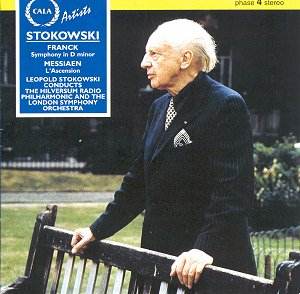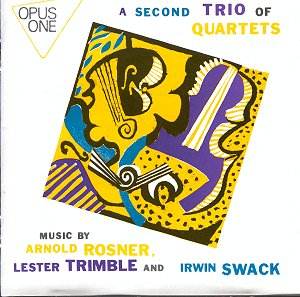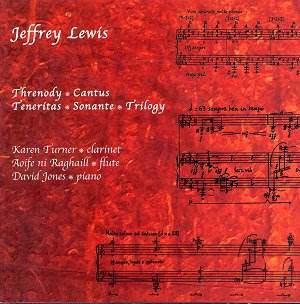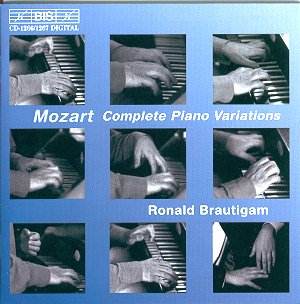 Composer: Sergei Rachmaninov
Composer: Sergei Rachmaninov
Works: Piano Concerto No. 2, Rhapsody on a Theme of Paganini, Prelude in C sharp minor Op. 3 No. 2
Performers: William Kapell, piano; Robin Hood Dell Orchestra of Philadelphia; William Steinberg (Concerto), Fritz Reiner (Rhapsody)
Recording: 1945 – 1951
Label: NAXOS HISTORICAL 8.110692 [57’20]
Sergei Rachmaninov’s Piano Concerto No. 2 and Rhapsody on a Theme of Paganini stand as monumental works in the canon of Romantic piano literature, embodying the lush lyricism and virtuosic demands characteristic of the composer’s style. The Piano Concerto, composed in the aftermath of personal and professional turmoil, marks a pivotal resurgence in Rachmaninov’s career, while the Rhapsody, a set of variations based on Paganini’s 24th Caprice, showcases his ability to blend technical prowess with deep emotional resonance. The current release features the legendary William Kapell, whose interpretations in the mid-20th century continue to resonate with audiences and critics alike.
Kapell’s performance of the Concerto is marked by a remarkable balance between the technical demands of the score and an intimate, nuanced interpretation. Unlike some of his contemporaries, who may adopt a more bombastic approach, Kapell’s rendering is characterized by clarity and precision. His ability to transition seamlessly between dynamic extremes is particularly noteworthy; the delicate phosphorescence of the opening movement contrasts with the impassioned climaxes, all while maintaining a sense of overall cohesion. The rhythmic impulses of the first movement are vividly articulated, with Kapell’s left hand illuminating often-overlooked details. The slow movement, while perhaps slightly cooler in emotional temperature, captivates with its sharp accents that serve to heighten the music’s inherent drama. The finale is executed with both vigor and grace, devoid of any trace of vulgarity, a testament to Kapell’s commitment to respecting the work’s lyrical and structural integrity.
Accompanying Kapell is the Robin Hood Dell Orchestra under William Steinberg, whose orchestral backdrop is both supportive and assertive. Steinberg’s conducting provides a rich tapestry of orchestral colors, particularly evident in the swirling winds and shimmering strings that frame Kapell’s piano lines. The recording quality, stemming from the mid-20th century, is surprisingly robust, allowing both the orchestra and soloist to shine without overshadowing one another. The blend of Kapell’s crystalline sound with the orchestra’s lush textures creates a compelling auditory experience, especially in the transitions between the piano and orchestral phrases.
The Rhapsody on a Theme of Paganini is a further testament to Kapell’s artistry, enhanced by the incisive leadership of Fritz Reiner. The orchestral dialogue here is particularly striking; Reiner elicits a vibrant palette from the orchestra, where the woodwinds chatter playfully and the strings weave intricate lines around Kapell’s virtuosic runs. Variation 7, with its beautifully sculpted counter-melodies, showcases Reiner’s adeptness at crafting a dynamic orchestral landscape. In Variation 10, Kapell’s execution is as much about clarity as it is about expressiveness, while Variation 12 highlights the interplay between piano and orchestral colors, a perfect illustration of the collaborative spirit of this performance.
This release, while not supplanting the classic recordings by Moiseiwitsch or Horowitz, nevertheless stands as a significant addition to the recorded legacy of Rachmaninov’s works. Kapell’s artistry, characterized by a unique blend of technical prowess and emotional depth, alongside the robust orchestral support, offers a compelling interpretation that honors the composer’s intentions without falling prey to excessive sentimentality. The historical context surrounding these recordings adds an additional layer of appreciation; they serve as a document of a vibrant musical era, reminding us of Kapell’s enduring influence in the pantheon of great pianists. The resulting experience is one of balanced virtuosity and a musicality that speaks to both the heart and the mind, making this disc a necessary inclusion for any serious Rachmaninov aficionado.



